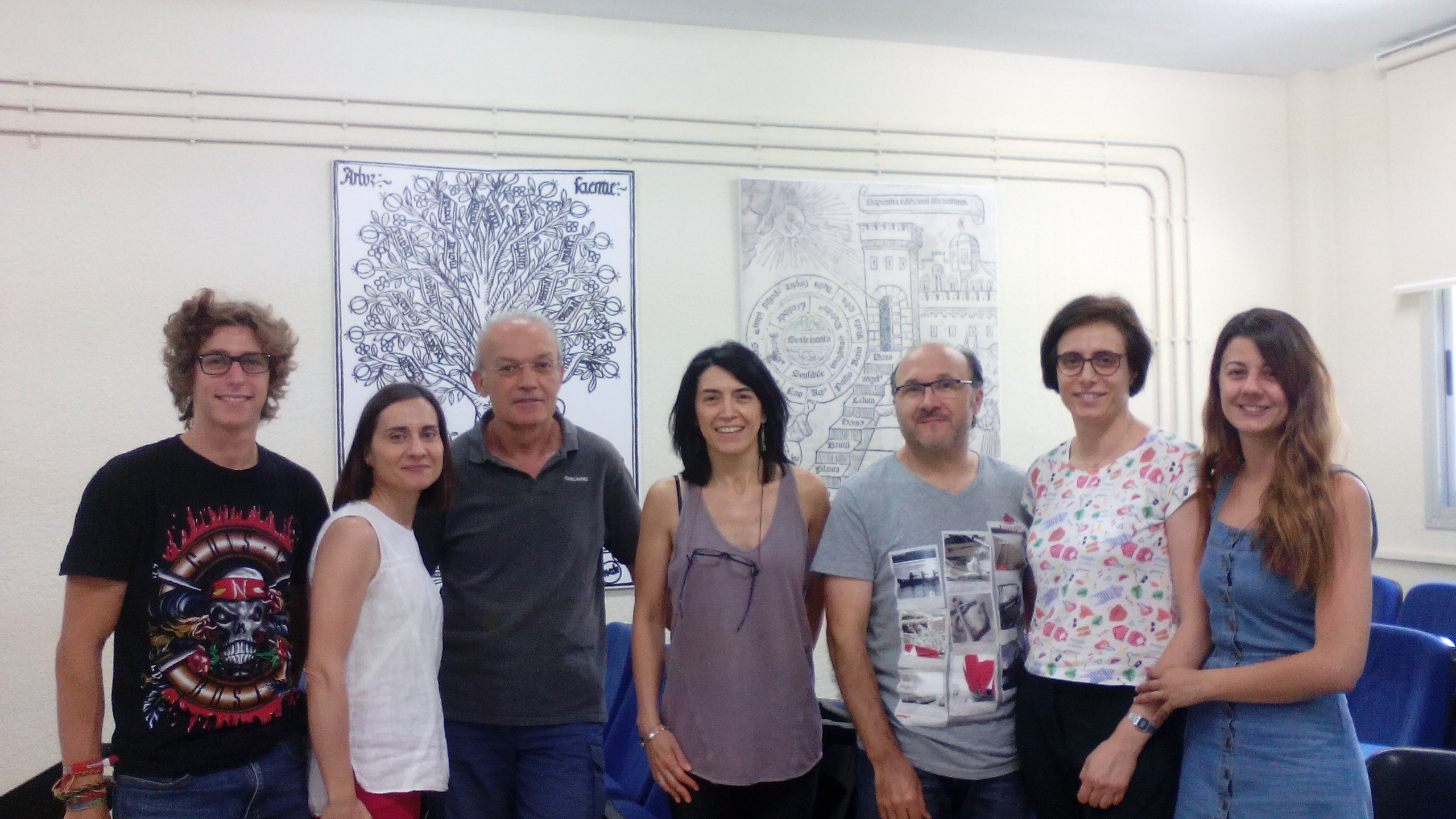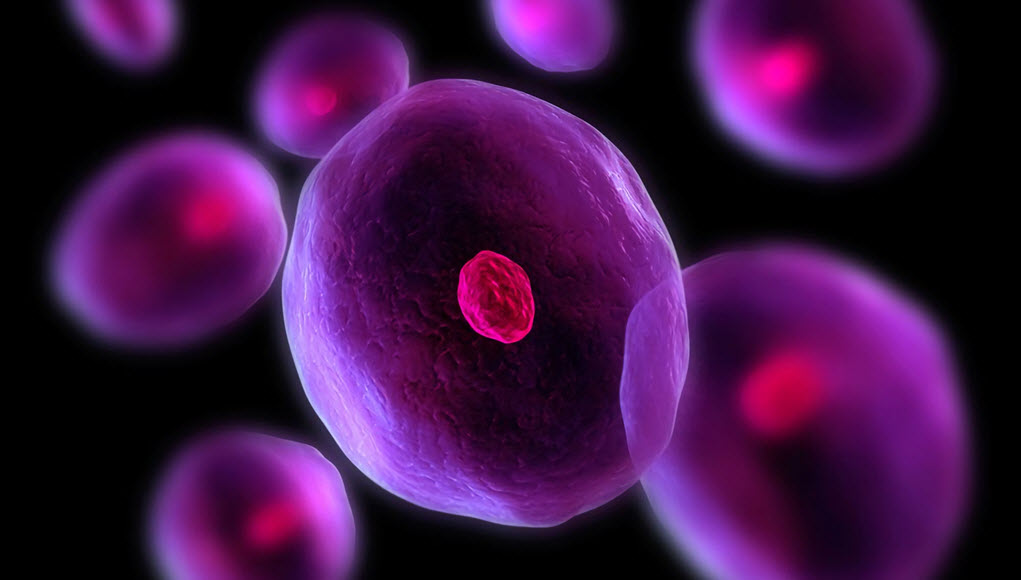A study on the elongation of the elF5A translation directed by Paula Alepuz and Vicente Palechano, published in the prestigious journal Nucleic Acids Research.
21 june 2017
Paula Alepuz, professor of the Master’s Degree in Research in Biology, Mollecular, Cellular and Genetics Biology; and Vicente Pelechano, from the research group in the Karolinska Institutet of Stockholm, have directed the work “elF5A facilitates translation termination globally and promotes the elongation of many non polyproline-specific tripeptide sequences”, which was published in the journal Nucleic Acids Research on last May.

On this study, the research group co-directed by Paula Alepuz and José Enrique Pérez Ortín located in the Department of Biochemistry and Molecular Biology and composing the ERI BiotecMed, goes deep in the comprehension of the synthesis procedure of proteins through cells.
From Messenger RNAs ─copies of the gens in the DNA, they create the translation, a procedure that can regulate the amount and time in which the needed protein for the cell is produced. To carry out the translation, cells realise ribosomes and protein factors in a way that ribosomes move through the Messenger RNA and gather amino acids to generate a continuous chain that will form the protein.
In particular, the work directed by Dr Alepuz is focused in the elongation factor of the translation, the elF5A. This factor would be only needed to help the progression of ribosomes when these get stuck in amino acids sequences which are hard to incorporate to the protein chain.
The elF5A is essential when it comes to the viability of eukaryotic cells and the level of elF5A protein in humans is growing when it comes to tumours and particularly in those generated after a metastasis.
The study, published in Nucleic Acids Research, studies the level of the whole genome of the Saccharomyces cerevisiae organism, used as a model of eukaryotic cells, which are the amino acids sequences where the ribosomes stop because of the lack of elF5A. From the obtained data, Palechano and Alepuz have been able to create a sequence catalogue of amino acids relying on the elF5A and have determined which yeast proteins depend on this factor for its synthesis. Furthermore, they have also predicted which proteins of human cells will rely on the elF5A and have found which proteins implicated in neurogenesis and in the organisation of the cytoskeleton of the cells to be candidates of having a synthesis controlled by the elF5A.
These results will make it possible in the future to make progress in the comprehension of the function of the elF5A in procedures as important as the production and expansion of tumours.
















